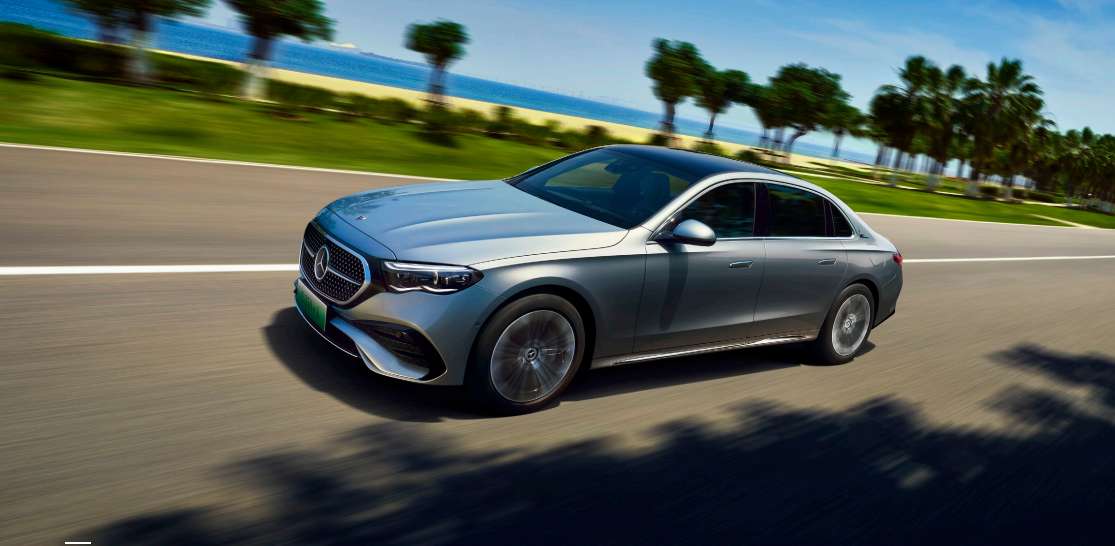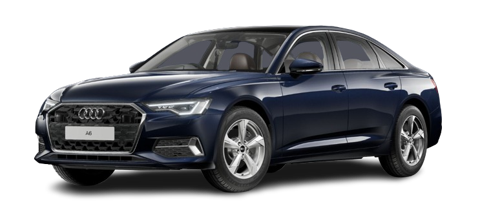What is the mileage of Mercedes-Benz E-Class?
The Mercedes-Benz E-Class offers different mileage figures depending on the fuel type and transmission. The manual petrol variant delivers up to 0 km/l, while the automatic petrol variant offers up to 15 km/l.





















